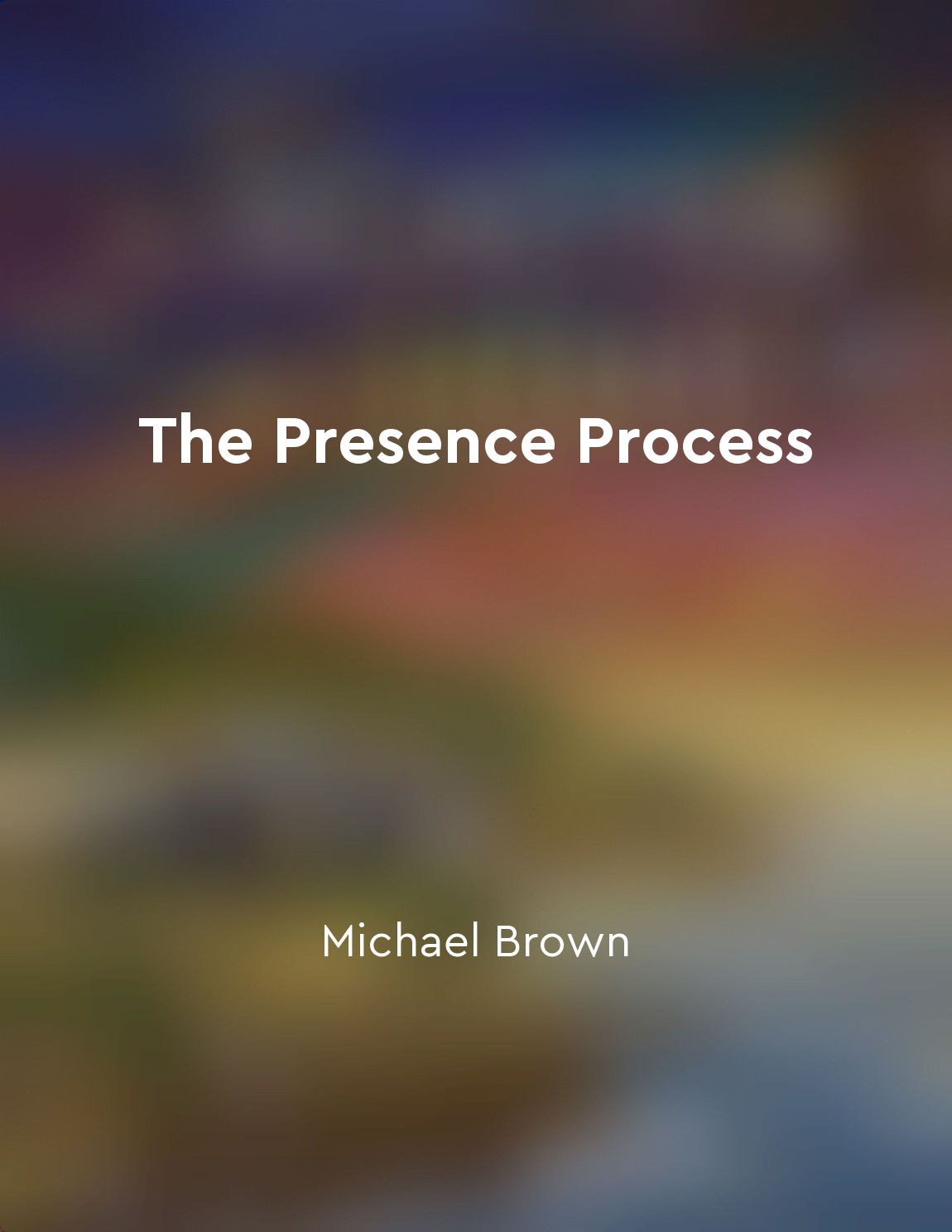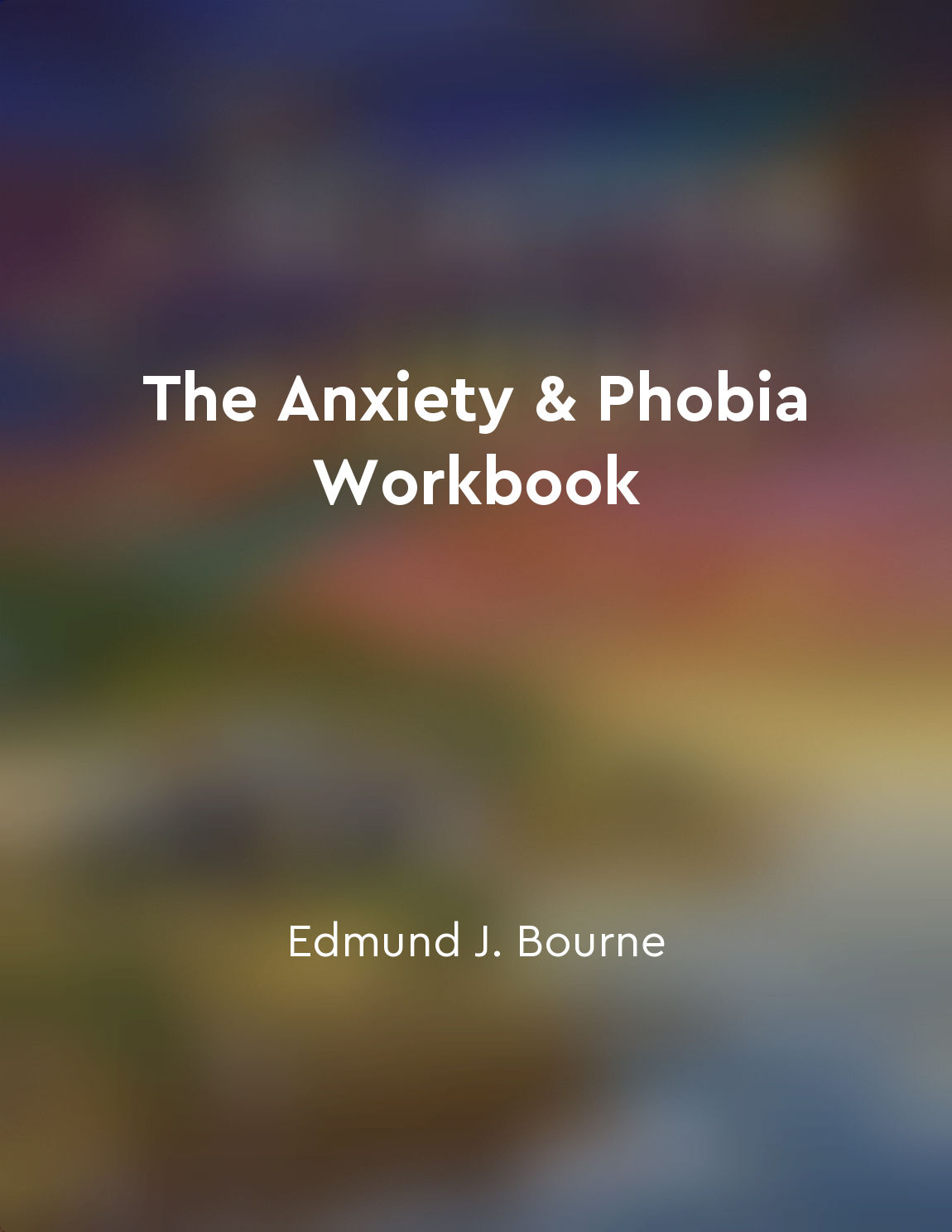Practice deep breathing to center yourself from "summary" of Focus by Leo Babauta
When you find yourself feeling scattered or overwhelmed, one of the most effective techniques to regain focus is to practice deep breathing. Deep breathing involves taking slow, deliberate breaths in through your nose, allowing your diaphragm to expand fully, and exhaling slowly through your mouth. This simple act of focusing on your breath can help you center yourself and bring your attention back to the present moment. Deep breathing is a powerful tool for calming your mind and reducing stress. By taking deep, intentional breaths, you can activate your body's relaxation response, which can help lower your heart rate and blood pressure. This can create a sense of calm and clarity that allows you to approach tasks with a renewed focus and energy. Incorporating deep breathing into your daily routine can have a profound impact on your overall well-being. By practicing deep breathing regularly, you can train your body and mind to respond to stress in a more calm and centered way. This can help you become more resilient in the face of challenges and better equipped to handle the demands of daily life. When you feel yourself becoming distracted or overwhelmed, take a moment to pause and focus on your breath. Close your eyes if it helps you to concentrate. As you breathe deeply, pay attention to the sensation of air entering and leaving your body. Notice how your chest rises and falls with each breath. Allow yourself to let go of any tension or worries, and simply be present in the moment. By incorporating deep breathing into your daily routine, you can cultivate a sense of mindfulness and presence that can enhance your focus and productivity. This simple yet powerful practice can help you navigate the busyness of daily life with a greater sense of calm and clarity. So take a moment to center yourself with deep breathing, and experience the transformative power of being fully present in the here and now.Similar Posts

Embrace the present moment without resistance
In order to fully engage with the present moment, it is imperative that we do so without any form of resistance. This means tha...
Electrical stimulation can improve brain function
In the field of neurology, a groundbreaking concept has emerged: electrical stimulation has the potential to enhance brain func...
Set goals that are specific, measurable, achievable, relevant, and timebound
When we set goals, we often have grand ambitions in mind. We dream of achieving great things, of reaching new heights of succes...
Prioritize selfcare habits
When it comes to taking care of ourselves, we often put it on the back burner. We think of it as a luxury, something we can do ...
Mindfulness can help us break free from habitual patterns of thinking
When we begin to practice mindfulness, we start to become more aware of our thoughts and emotions. We start to notice the patte...
Finding purpose and meaning in recovery can provide a sense of direction and fulfillment
When we first enter recovery, it can feel like we've lost our way. We may have spent years or even decades caught in the cycle ...
Surrender to the flow of life
One of the key principles of letting go is surrendering to the flow of life. This concept involves releasing our need to contro...
Celebrate small victories along the way
When we set big goals for ourselves, it can be easy to get discouraged along the way. We might feel overwhelmed by the enormity...
Release the past and future
When we release the past and future, we can truly be present in the here and now. Our minds are often consumed by memories of t...

Anxiety is a natural response to stress and danger
Anxiety is a natural response to stress and danger. It is a built-in alarm system that is designed to protect us from harm. Whe...
